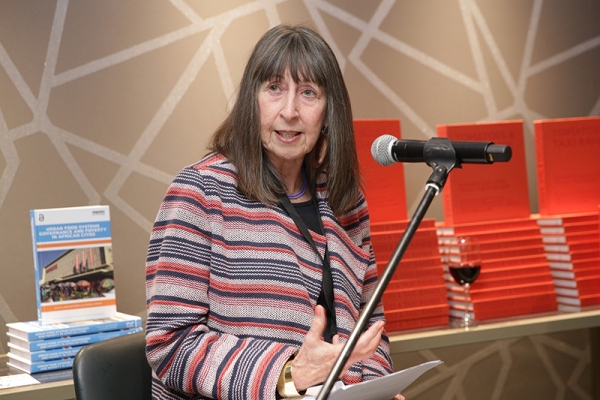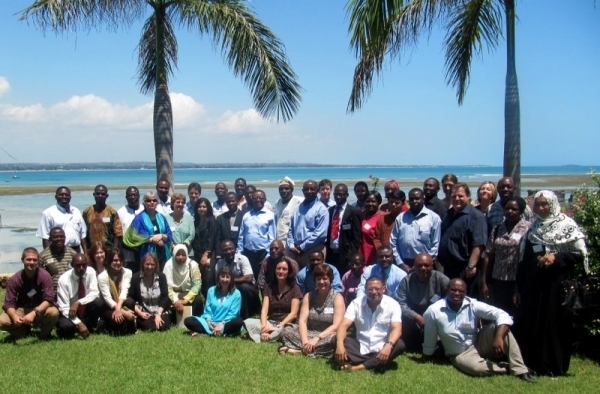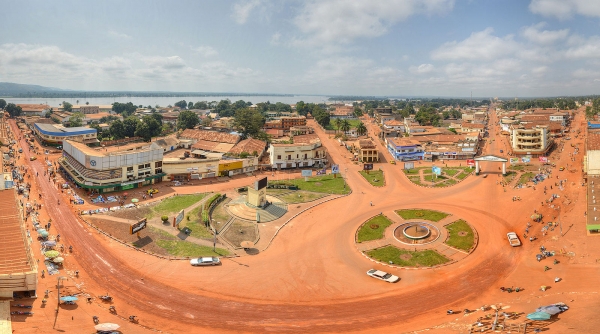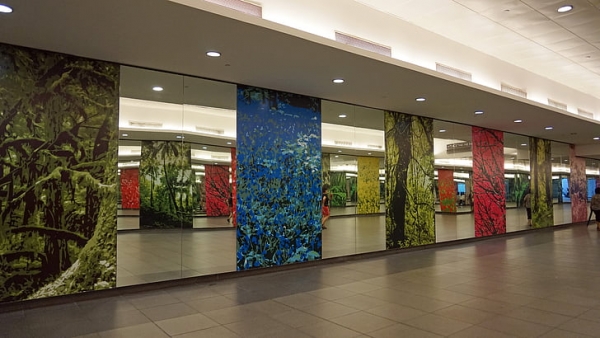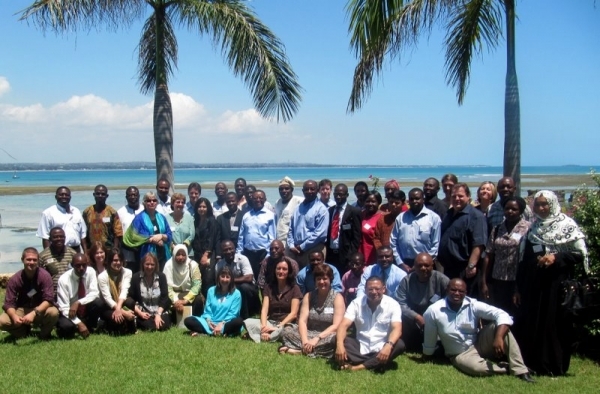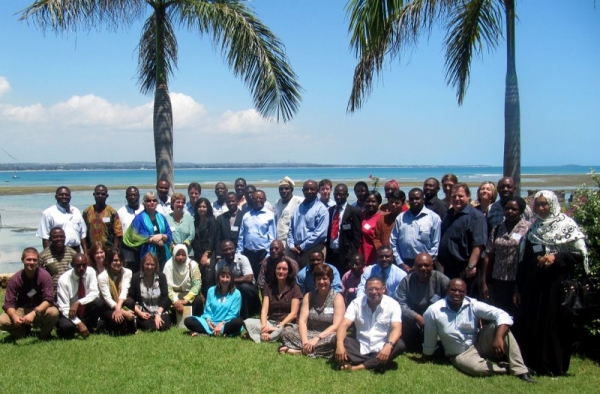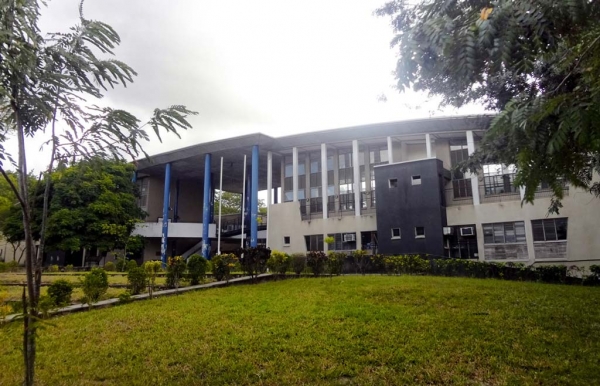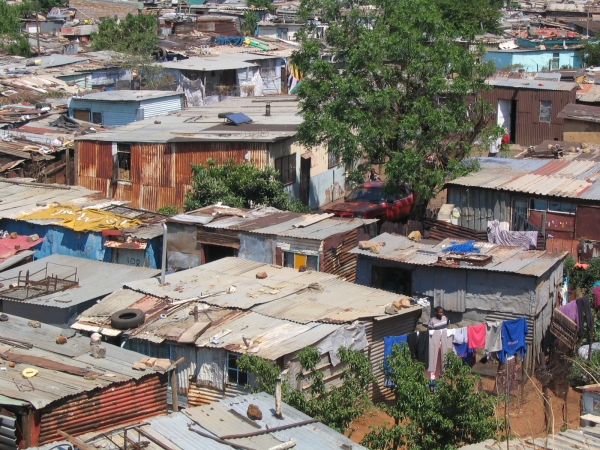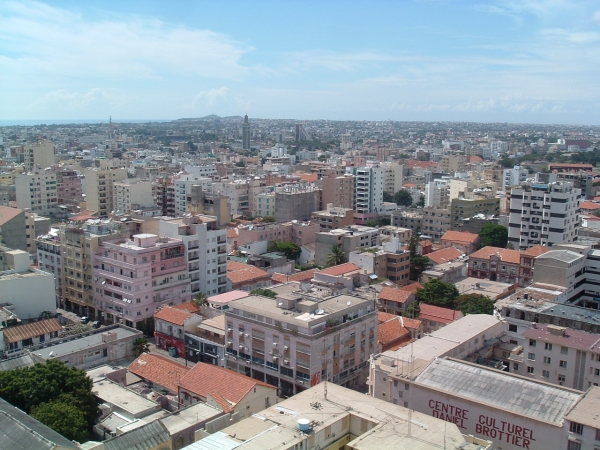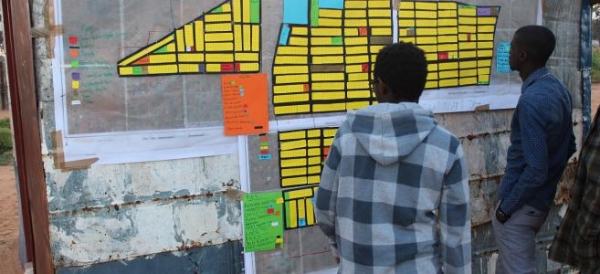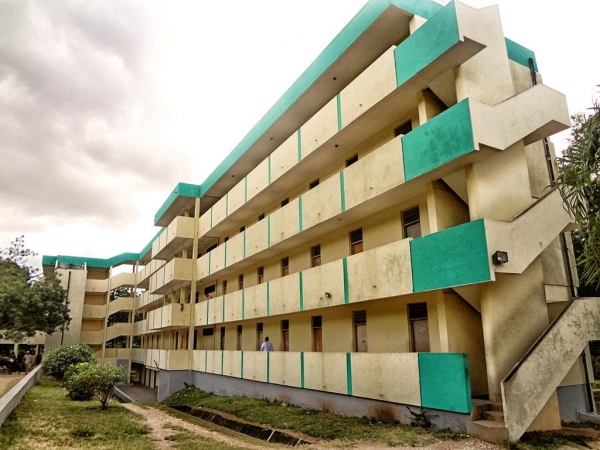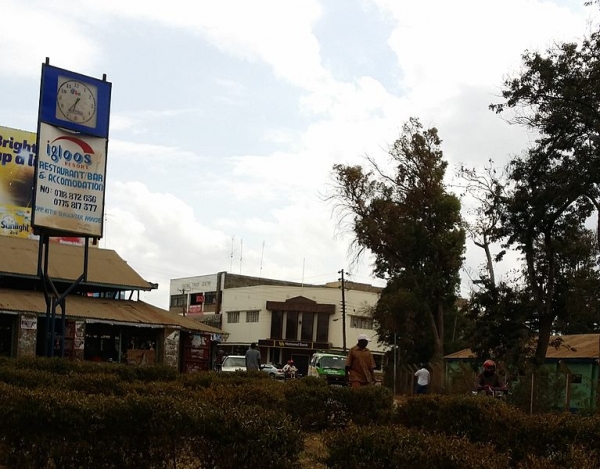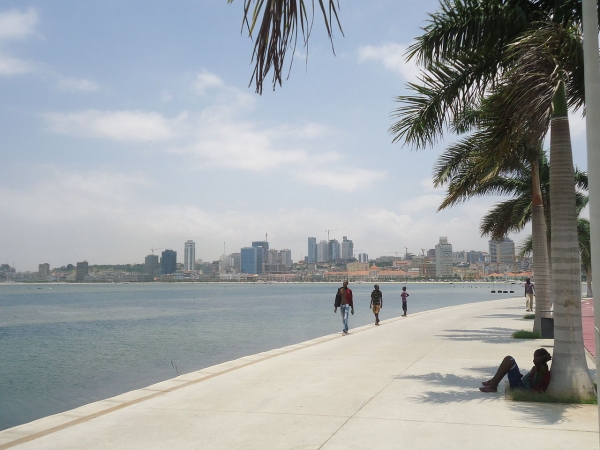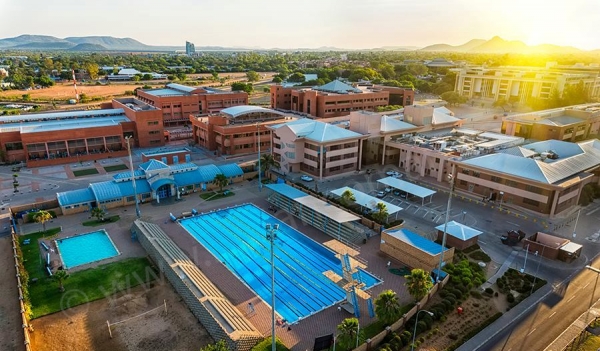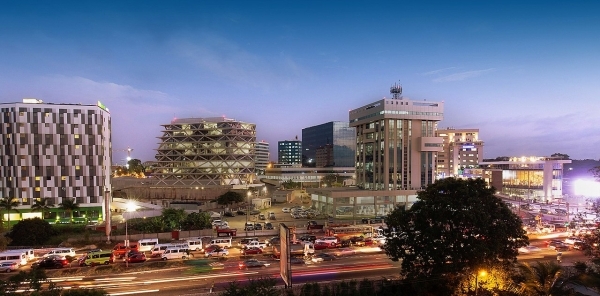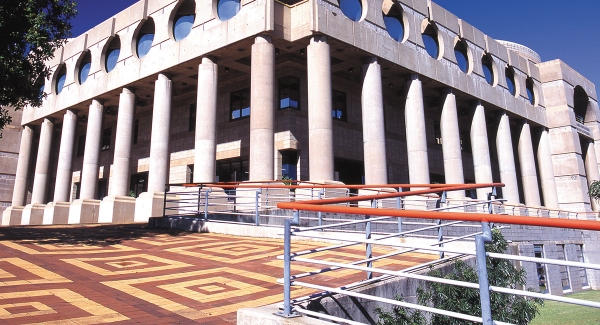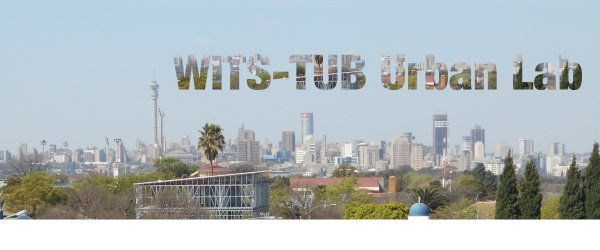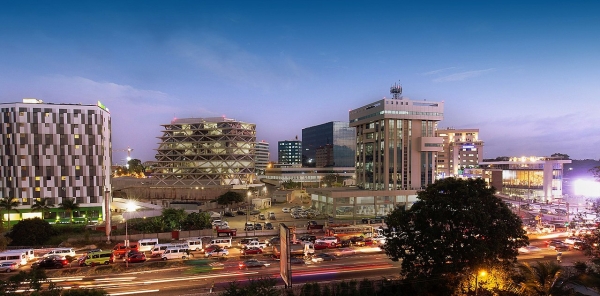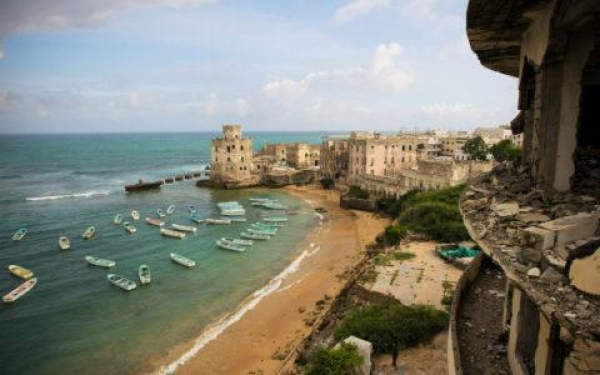The Department of Geography at the University of Manchester is pleased to announce a PhD studentship for the research grant ‘Turning livelihoods to rubbish? Assessing the impacts of formalization and technologization of waste management on the urban poor’.
The supervisor of the PhD research will be Dr Erik Swyngedouw, widely known for his work in urban political ecology and analysis of the post-political condition. He will be supported by Drs Mary Lawhon (Florida State University) and Henrik Ernstson (University of Cape Town and KTH Royal Institute of Technology, Stockholm). The fieldwork for the research will be undertaken in South Africa.
This three-year project focuses on politics of waste management and the urban poor in developing countries. Funded by the UK’s ESRC in collaboration with DFID it aims to understand how the extraction of values from waste hinders or facilitates trajectories out of poverty for the urban poor. In particular we examine four global trends in waste management: (i) the financialisation and (ii) the use of technology in the handling of waste (e.g. through states' seeking international capital to invest in waste incinerators, which concentrates the values of waste, often to private cooperations, while replacing or reducing the need for manual labour in handling waste); (iii) the formalisation of waste (e.g. when poor ‘waste pickers’ receive payment at formal waste stations in return for collected waste; the promotion of entrepreneurial activities among the urban poor; or city governments create laws that criminalises waste picking in central areas of cities); and (iv) when city governments promote shared governance responsibilities among urban residents (e.g. when typically middle class residents, which are high-producers of waste, are enrolled into recycling schemes with formal pick-up using trucks). We will examine four specific interventions in South Africa that constitute different combinations of these trends. Theoretically the project is informed, and will develop theories and methods from urban political ecology and development studies. These perspectives view environmental problems as inherently part of social, technological and political dynamics.
The PhD student will be expected to contribute to this project through focusing on a particular case study in urban South Africa and conducting qualitative, empirical work, including a 6 to 12 month stay in South Africa. The student will benefit from support from the wider geographical community at the University of Manchester (UoM), including the graduate research groups Geographical Political Economy and Urban Transformations, UoM’s wider network of top scholars, and its tradition of placing graduates in top universities in the UK, Europe and internationally. The Co-Is Mary Lawhon and Henrik Ernstson will provide contacts in South Africa, including the African Centre for Cities at the University of Cape Town and the international Situated Urban Political Ecologies (SUPE) collective.
The project provides the possibility for an eager student to contribute to a pressing problem that links North and South, local livelihoods and national to international politics, and it provides a base for a cutting-edge geography career within academia, state, civil society, or development aid organizations. It also provides opportunities to support and influence current policy debates in South Africa, Africa and internationally as the wider project will deliver reports that can help understand competing claims between, for instance, the goal of job creation and environmental concerns. The project engages actively in the surrounding society and includes workshops with civil servants, decision-makers and the urban poor in which the PhD student can participate, while the project also uses video and digital storytelling for outreach and engagement beyond academia. A regional workshop aims to translate how the South African context can inform similar issues in low-income countries in Sub-Saharan Africa. While focusing on finalizing the PhD thesis this broader context provides ample opportunity to gain important contacts and learn about political ecologies, the politics of development and international aid, and how environmental concerns are manifest in local communities.
Criteria for selection
Applicants must have a 1st or upper 2nd class honours degree in a relevant social science subject (human geography, anthropology, sociology or a related discipline) and must have completed some research training. Candidates must fulfill all the criteria and regulations set out in the ESRC Postgraduate Training Guide, section 2.
For full details and the application procedures please email Dr Erik Swyngedouw, or for more details about the project please email Dr Mary Lawhon.
Click here to download the call for applications. The deadline for applications is 20 August 2015.
For related information please visit the SituatedUPE website.


